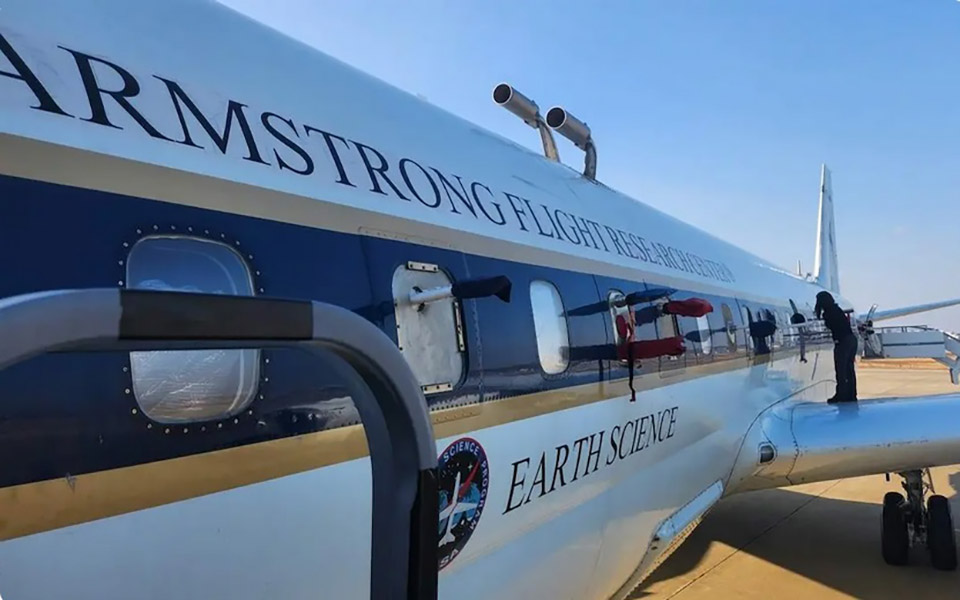
South Korea’s National Institute of Environmental Research (NIER) and NASA have launched a joint air quality study across Asia, including Thailand, to investigate the sources of winter air pollution. Announced by the South Korean Ministry of Environment, the research began in South Korea and will extend through Malaysia and Thailand, concluding on March 25.
This year’s study, taking place from February to March, looks into the factors behind increased air pollution levels during winter, a shift from the previous study conducted in May to June 2016. The findings from this research are expected to be released in detailed reports that will serve both academic and policy-making purposes.
The collaboration will see the Korean research team supporting NASA’s efforts in Asia, with a specific research station set up in Chiang Mai province to analyze the causes and effects of smog occurrences in winter. A remote observatory in Kuala Lumpur, Malaysia, will also assess the performance of the Geostationary Environment Monitoring Spectrometer, a satellite launched by Korea in 2020 to monitor air quality across 20 Asian countries.
The air quality research, which was initiated in the Philippines in early February, will include various phases across South Korea, Malaysia, and Thailand. This year’s ASIA-AQ (Airborne and Satellite Investigation of Asian Air Quality) project significantly expands the scope of the 2016 Korea-United States Air Quality study to include more Asian countries and involves over 500 participants from 45 teams, including research institutes, governmental organizations, and experts.
In addition to satellite data, the study will utilize four Korean research aircraft, NASA’s aircraft, ground observation stations, and air quality modeling to conduct comprehensive research on air quality in Korea. (NNT)








